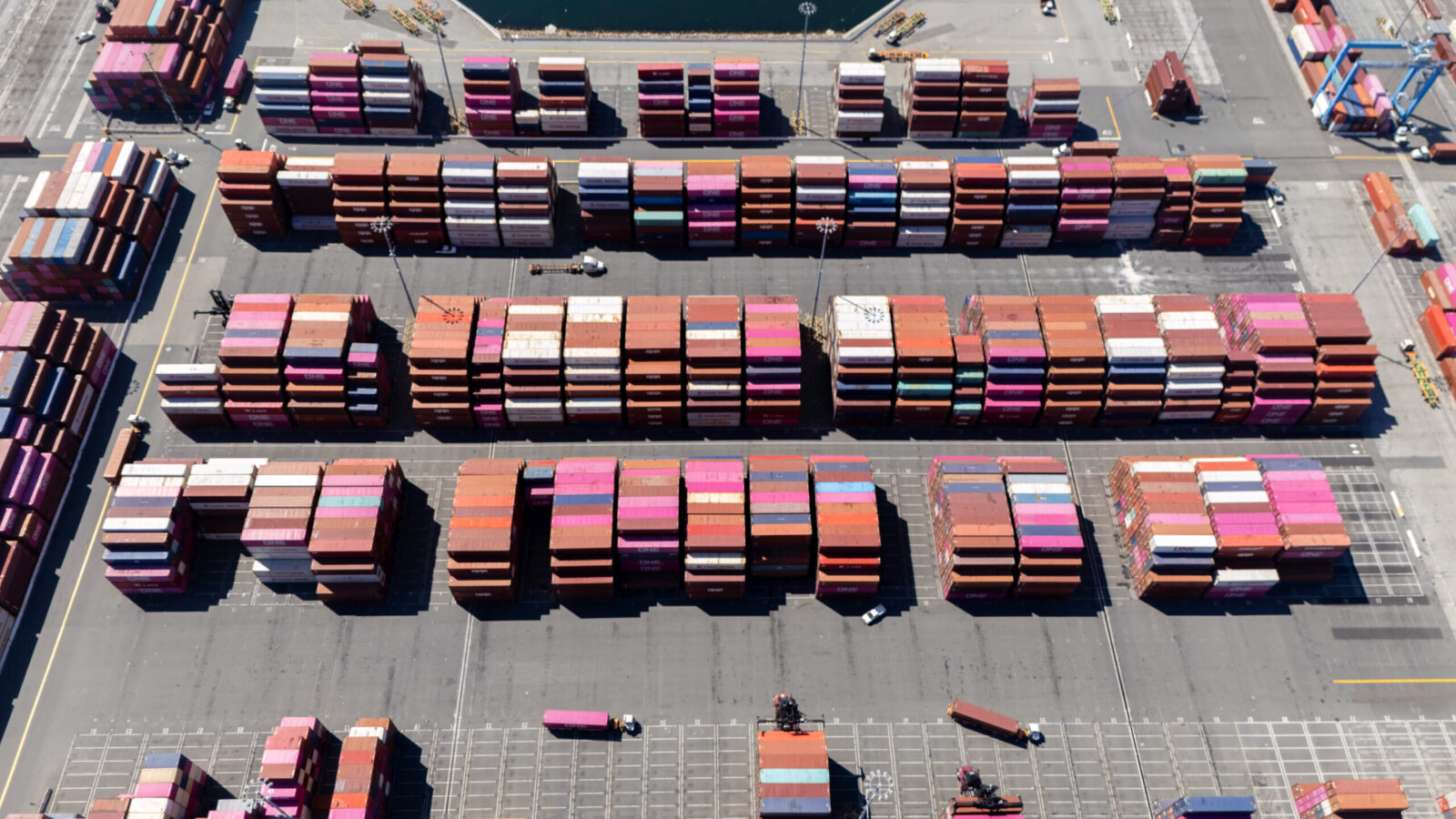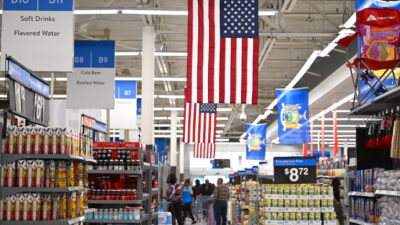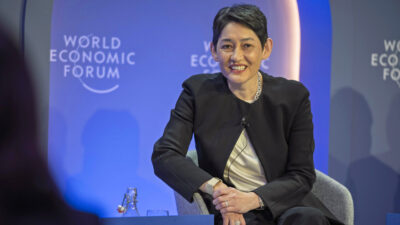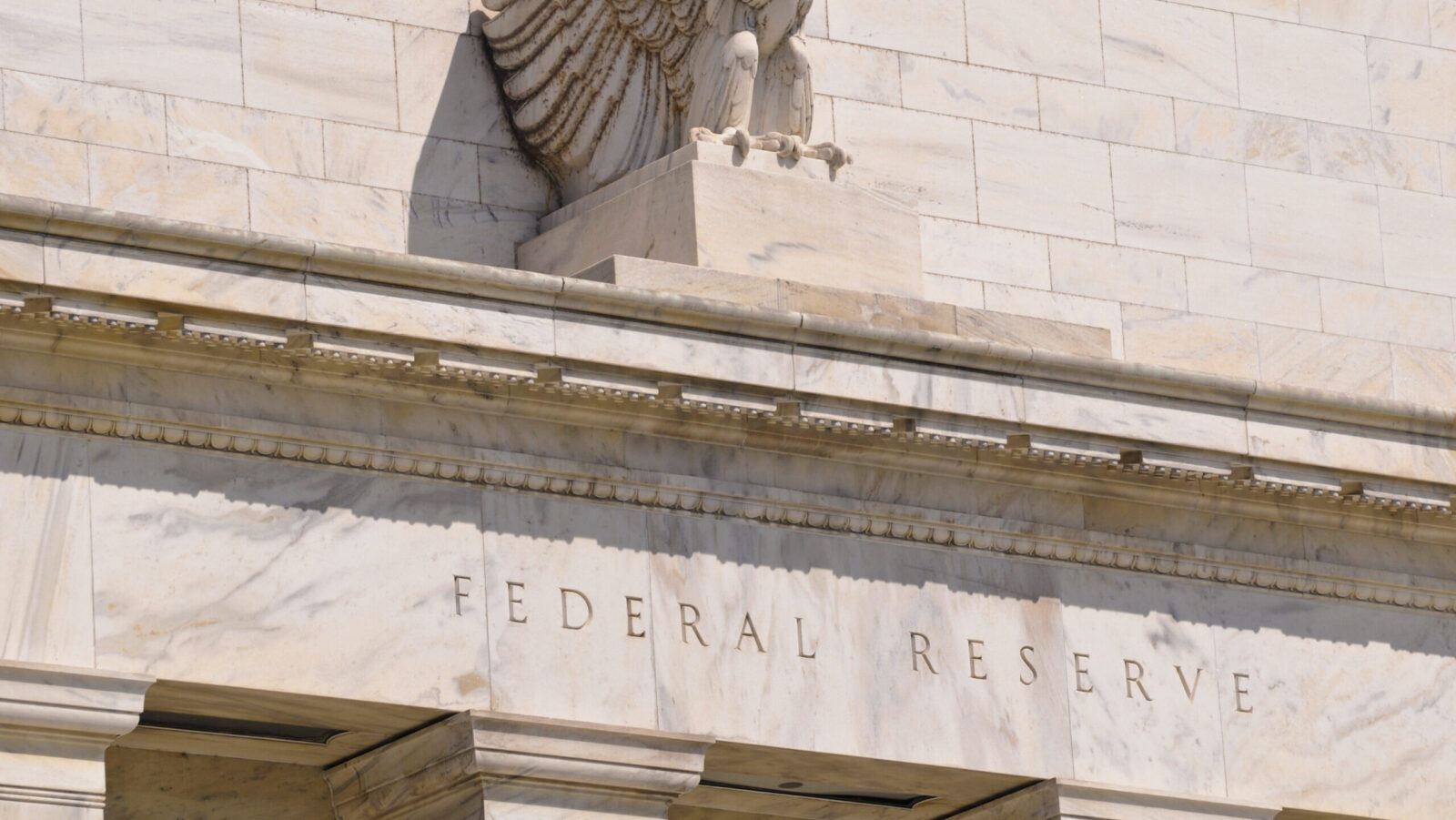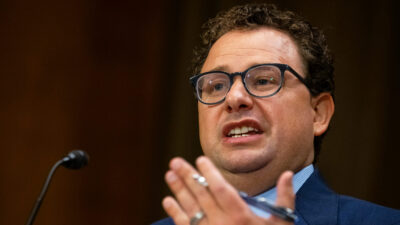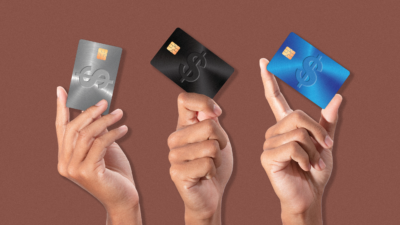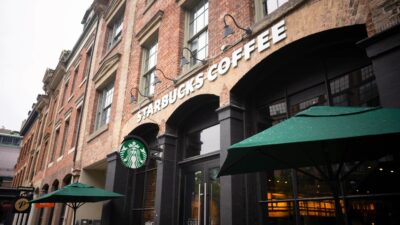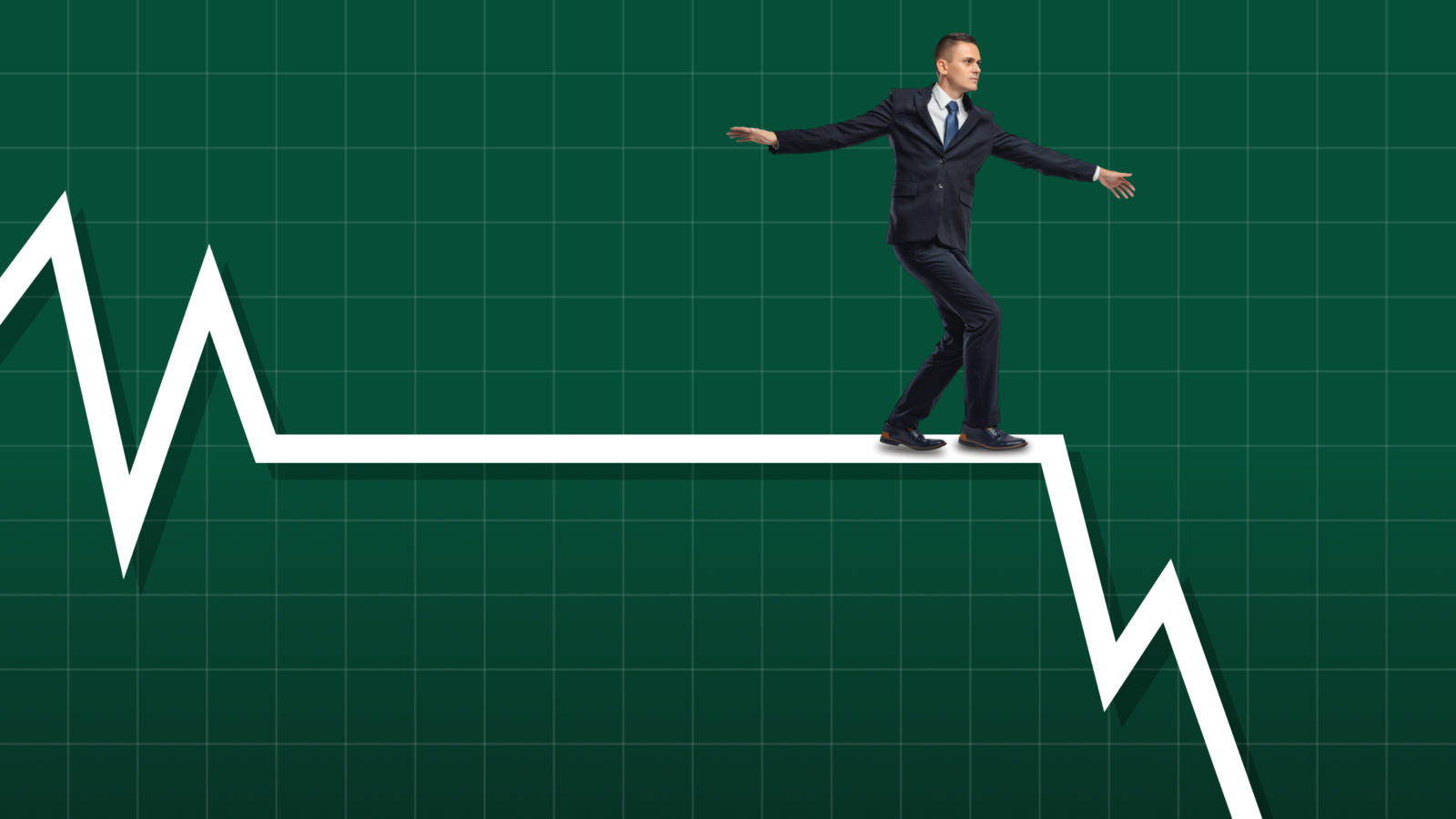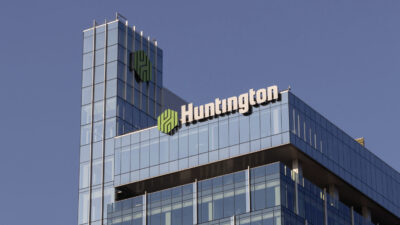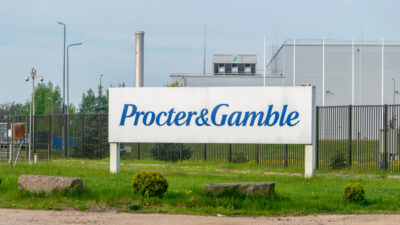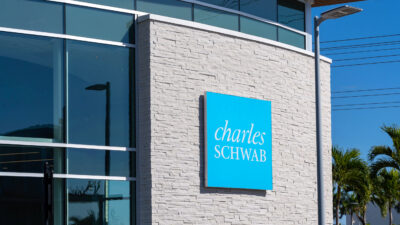HSBC Waves Caution Flag for Wall Street Giants
The bank downgraded JPMorgan, Goldman Sachs, and Bank of America, citing a classic case of macroeconomic uncertainty.
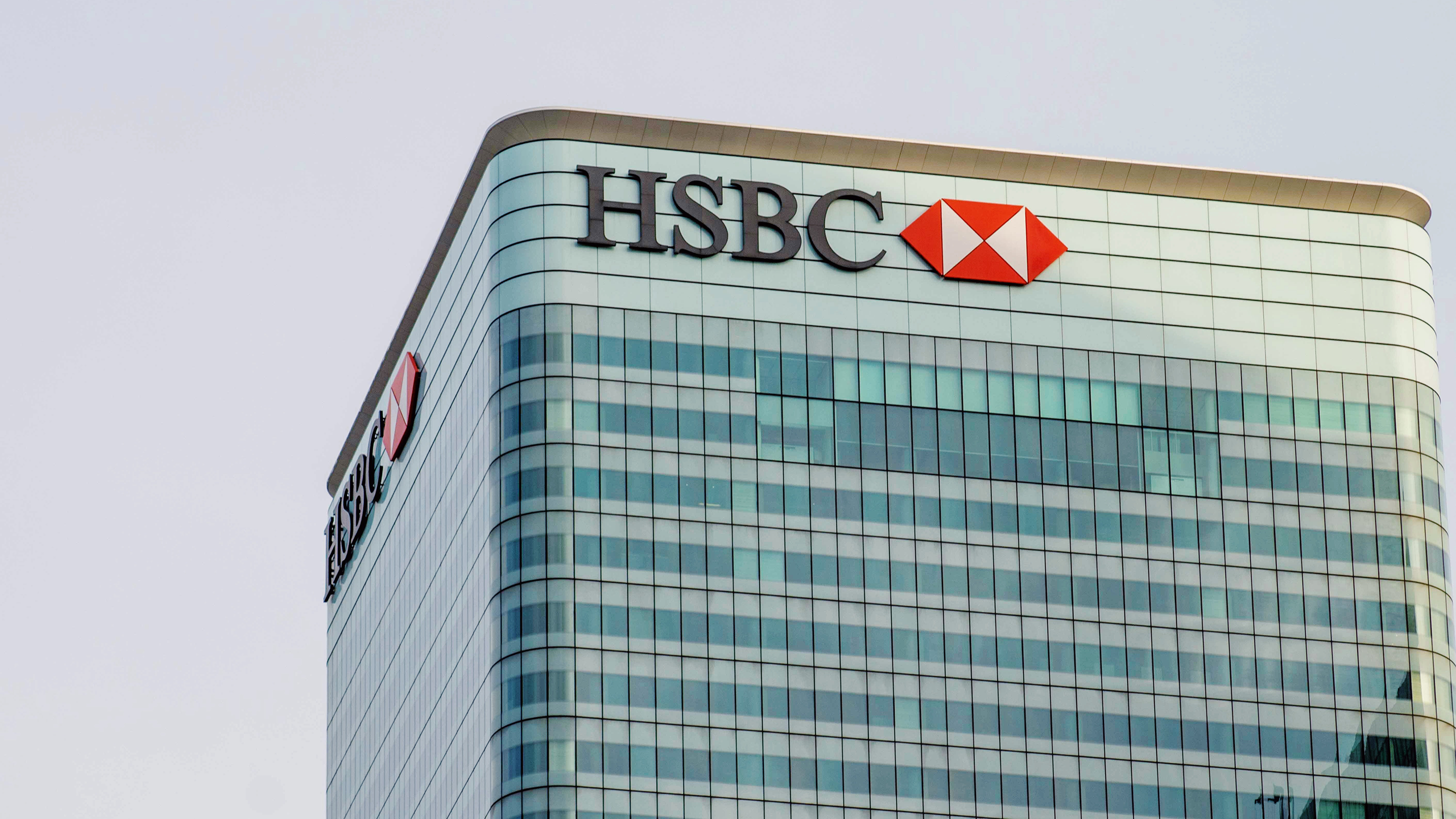
Sign up for smart news, insights, and analysis on the biggest financial stories of the day.
UK-based global banking giant HSBC said Tuesday that the outlook for a trio of Wall Street’s top banks looks as cloudy as a London fog — but without the delicious notes of Earl Grey in steamed milk and vanilla syrup.
The bank downgraded JPMorgan Chase, Goldman Sachs and Bank of America. What’s brewing is a classic case of macroeconomic uncertainty coupled with HSBC’s suspicion that the upside for America’s world-leading banking sector may already be priced into the shares of its top lenders.
The Price of Optimism
The US banking industry delivered a solid first quarter, bringing in $70.6 billion in profit, amounting to a 5.8% increase from the fourth quarter of 2024, according to the Federal Deposit Insurance Corporation. From January through March, JPMorgan, Goldman Sachs and BofA surpassed estimates with profits of $14.6 billion, $4.7 billion and $7.4 billion, respectively.
Despite blowing expectations out of the water, CEOs struck a cautious tone, especially as investment banking, in the words of Goldman chief David Solomon, yielded “more muted activity relative to the levels we had expected coming into the year.” Additional downsides included potential tariffs and trade wars — which reared their heads again this week, with the US announcing plans to place levies on imports from countries around the world beginning August 1. Those may be coupled with, in the words of JPMorgan chief Jamie Dimon, “ongoing sticky inflation, high fiscal deficits and still rather high asset prices and volatility.”
Wall Street stocks did indeed take a bruising, along with the rest of the S&P 500, from the White House’s April 2 Liberation Day tariff announcement, but JPMorgan and BofA have gained 40% since their April nadir and Goldman has surged 50%. Investors found cause for optimism from their strong financial reports, the US administration’s plans to ease regulatory hurdles, and most recently, Wall Street sailing through stress tests in late June. A seeming relaxation of trade conflicts, now in doubt, didn’t hurt either. HSBC, however, isn’t sure the trend can continue and is concerned the stocks might have been buoyed by excessive optimism and require a reality check:
- “The share prices of the universal banks and brokers we cover have, on average, risen 35% over the past three months,” the bank wrote in a note. “Ultimately, we think downside risks associated with still-elevated macro uncertainty, potentially slowing economic growth, and more interest rate cuts through 2025 and 2026 are generally not factored into the stock prices of universal banks and brokers.”
- HSBC downgraded JPMorgan and Goldman Sachs from “hold” to “reduce” and Bank of America from “buy” to “hold.” While noting there are legitimate causes for optimism — like improving investment banking activity, sound credit quality and an increasingly favorable regulatory approach in Washington — the bank cautioned that these may already be priced into Wall Street shares.
Sooner Than Later: HSBC’s view is not gospel, as some analysts remain bullish on the banking sector. And the KBW Bank Index was on an 11-day winning streak until tumbling in the last two days as tariff talk ramped up — JPMorgan and BofA fell 3.1% on Tuesday, while Goldman fell 1.9%. Either way, earnings season is imminent, with most major lenders set to report next week, when we’ll see whether it’s the bulls or bears among the analysts who feast.
